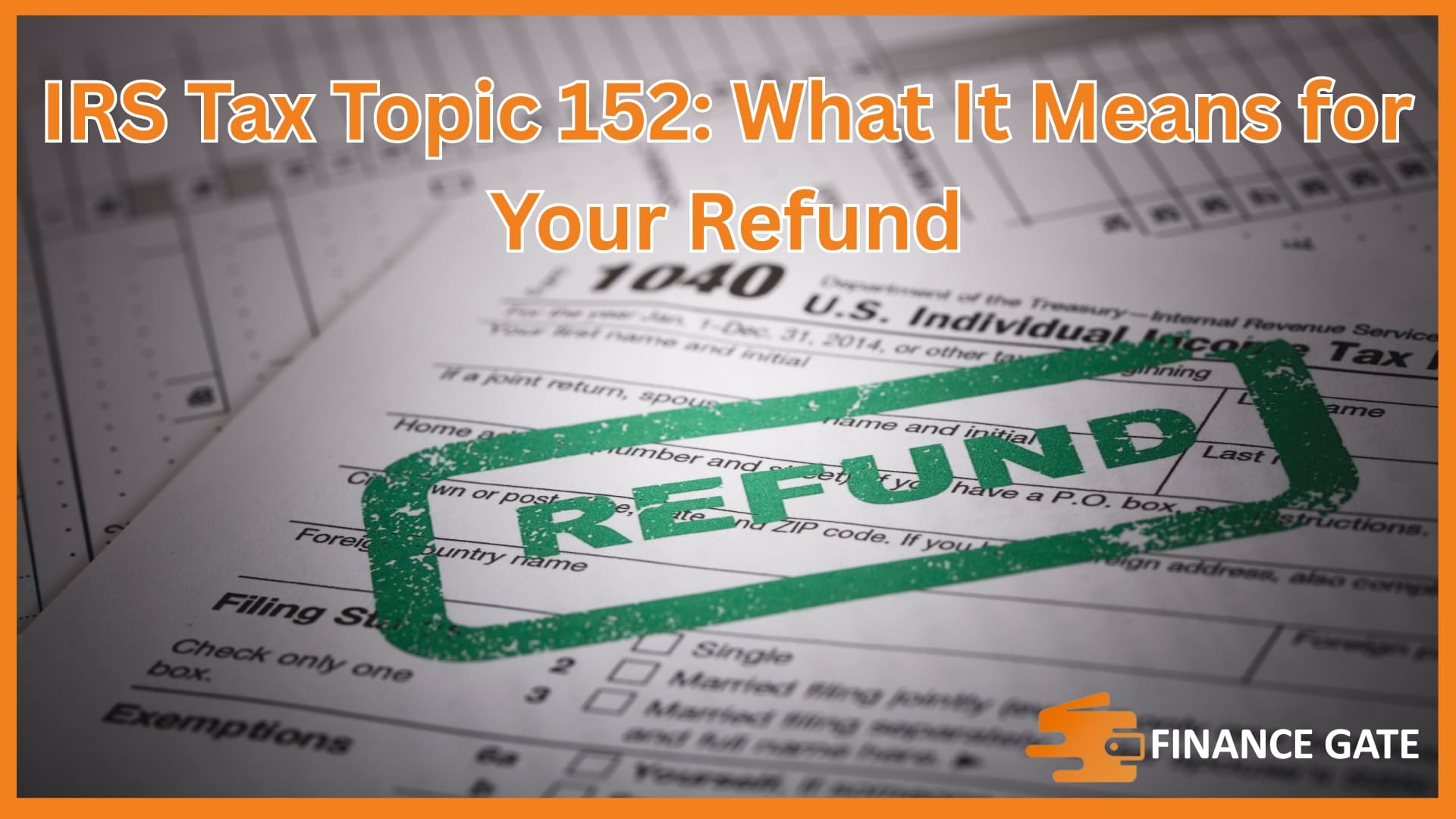Many people want to earn money but do not know how to start an Airbnb business properly. Although platforms like Airbnb and VRBO offer huge potential, most aspiring hosts hesitate due to property ownership concerns. A growing number of hosts now operate successful listings without owning the actual property. Whether you choose rental arbitrage, co-hosting, or Airbnb management, it is possible to run a profitable Airbnb business without large upfront costs.
However, you must comply with local laws, manage your Airbnb operation efficiently, and understand property types and occupancy rates. This article provides a complete, step-by-step guide to help you get started with Airbnb and build your short-term rental business successfully.
Understanding different business models
Understanding how to start Airbnb business involves determining which model aligns best with your resources and goals. Each model allows you to start your Airbnb business without owning property, offering flexibility, lower startup costs, and unique advantages depending on your role and involvement.
1. Rental arbitrage:
Rental arbitrage involves leasing a property long-term and renting it out short-term for profit. This model allows entrepreneurs to earn money by renting without buying real estate.
- You lease a home from a landlord and sublet it legally on platforms like Airbnb or VRBO.
- Occupancy rates and nightly rates directly affect your Airbnb income and overall business finances.
- You must get permission from your landlord and comply with local laws and short-term rental regulations.
- Property type and size matter because amenities and comfort can improve your Airbnb listing’s booking rate.
- This approach reduces startup costs compared to owning an Airbnb or building a property portfolio.
2. Co-hosting:
Co-hosting means managing another person’s Airbnb property in exchange for a share of the earnings. This model is ideal for those who want to start their Airbnb business with little financial risk.
- You help manage property listings, bookings, guest communication, and clean-up for busy property owners.
- Your tasks often include handling check-ins, updating the Airbnb listing, and managing the property overall.
- Unlike rental arbitrage, you do not need to lease or own the vacation rental to earn.
- Co-hosts often use property management software to streamline their Airbnb operation and boost occupancy.
- This strategy is suitable for becoming an Airbnb host without owning a property or paying startup costs.
3. Property management:
Property management involves overseeing multiple Airbnb rentals on behalf of property owners for a management fee. This model is best for those specialising in the short-term rental business with strong organizational skills.
- You are responsible for running an Airbnb smoothly, from scheduling cleaners to adjusting nightly rates.
- Property managers must understand local laws and regulations to avoid issues with permits or local restrictions.
- Besides bookings, you also handle Airbnb management tasks like property damage reports and guest concerns.
- Airbnb hosts with multiple listings in your area may prefer hiring you to scale their business income.
- Additionally, managing your Airbnb clients’ rentals allows you to earn Airbnb fees without needing ownership.
Legal and financial considerations
Before you start your Airbnb business, you must comply with local laws and short-term rental regulations. These laws vary significantly by city, state, and country; hence, you should research the rules for vacation rental hosts in your area. Some locations require permits, registration, or specific licenses before managing an Airbnb rental or listing your property.
Additionally, Airbnb hosts must consider setting up a legal entity, such as a limited liability company, to protect personal assets. This move also helps keep business finances separate from personal spending, which simplifies tax reporting. You may need to report your Airbnb earnings as business income, especially if your property portfolio generates consistent Airbnb income.
- Benefits of forming an LLC:
- Offers legal protection in case of property damage or guest incidents.
- Helps manage business income and Airbnb taxes more efficiently.
- Builds credibility when dealing with landlords, homeowners, or property owners during lease negotiations.
Steps to start an Airbnb without owning property
1. Market research:
Before you start your Airbnb business, conduct detailed market research on properties in the area. Compare average Airbnb occupancy rates, nightly rates, and property types that perform well on platforms like Airbnb and VRBO. Evaluate listings in your area to identify what amenities attract more bookings. Additionally, study short-term rental trends and seasonal occupancy fluctuations.
This will help you understand what makes a profitable Airbnb business. Look for homeowner-dense neighborhoods where property owners might be open to rental arbitrage. Also, determine how competitive the Airbnb market is and whether it supports your intended business model.
2. Check the rules and regulations:
Before managing your Airbnb rental, you must comply with local laws and regulations for short-term rental hosts. Many cities enforce specific rules regarding sublet agreements, required licenses, or limits on how many nights you can rent a property. Some locations restrict Airbnb business without owning property, while others permit it with landlord permission. Always review regulations for short-term rentals and confirm whether co-hosts or property managers are recognized by law.
Furthermore, some homeowner associations prohibit vacation rental activities altogether. Hence, understanding legal boundaries is crucial before starting a rental business that complies with regional expectations.
3. Create a business plan:
A structured business plan helps guide your Airbnb operation and scale your business efficiently over time. Include your startup costs, such as deposits, furnishing, cleaning supplies, and property management software. Define your target occupancy rates, average nightly rates, and projected Airbnb earnings. Calculate how you will earn money by renting without buying and how you’ll cover ongoing Airbnb fees. Also, describe whether your model is rental arbitrage, co-hosting, or another approach.
Outline your steps for managing the property, listing optimization, and booking management. Altogether, a well-prepared plan makes launching a profitable Airbnb business more achievable and measurable.
4. Create a legal entity:
Forming a legal entity, such as a limited liability company, helps separate your business finances and reduce risk. Airbnb hosts should protect their assets from business liabilities like guest disputes or property damage. Also, it legitimizes your rental business, especially when negotiating leases with landlords or dealing with property owners. You can also apply for an EIN (Employer Identification Number) to simplify tax filing and open a business bank account.
Besides legal safety, it helps you track Airbnb income and expenses separately. Consequently, it becomes easier to report your Airbnb rental earnings and manage financial records.
5. Prepare for taxes:
Running an Airbnb rental involves tax responsibilities you must prepare for straightaway to avoid legal trouble later. You need to report your Airbnb income annually, regardless of whether you own or lease the property. Airbnb earnings are considered business income, and you may owe federal, state, or local taxes. In some regions, Airbnb automatically collects occupancy or lodging taxes on your behalf.
However, this does not replace your responsibility to track deductible expenses or business-related purchases. Managing your Airbnb as a business entity allows you to claim deductions for amenities, software, and cleaning services while preparing accurate returns.
6. Purchase insurance:
Having the right insurance coverage helps protect your Airbnb business against unexpected property damage or liability claims. Business income insurance to cover lost bookings or damage-related shutdowns is especially important for short-term rental hosts. Airbnb offers Host Guarantee and Host Protection Insurance, but these should not replace standalone vacation rental policies. Some landlords may also require proof of coverage before allowing you to sublet or co-host.
If you’re managing multiple Airbnb properties, each location may need individual policies. Therefore, get insured early to avoid gaps that could impact your Airbnb property, guests, or ongoing business operation.
7. Prepare your Airbnb for guests:
Even without property ownership, you must ensure the Airbnb property is clean, functional, and guest-ready. Include essential amenities like Wi-Fi, clean linens, toiletries, and secure locks to meet guest expectations. If you’re co-hosting, managing the property also includes scheduling cleanings and regular maintenance between stays. Pay attention to interior details such as layout, lighting, and property size, since these affect guest satisfaction.
Airbnb listings with high-quality visuals and thoughtful decor often perform better in terms of bookings and occupancy. Hence, preparing your space thoroughly increases the likelihood of running an Airbnb that attracts strong reviews.
8. List your property:
Once the property is ready, you can create an Airbnb listing that highlights its features and advantages. Use clear photos, honest descriptions, and highlight amenities that appeal to short-term rental guests. Besides Airbnb, you may also list on platforms like VRBO to improve visibility and booking potential. Include information about local attractions, public transport, and property size to set accurate expectations.
Also, monitor Airbnb occupancy rates and adjust nightly rates accordingly based on season or demand. Lastly, manage your listings in your area using property management software if you scale your business across multiple Airbnb properties.
Marketing and growing your business
To run a profitable Airbnb business, you must actively market your listings and consistently grow your visibility. Building a strong online presence, improving your Airbnb listing, and engaging on platforms like Airbnb or VRBO helps boost occupancy. Eventually, your efforts can scale your business and maximize overall Airbnb earnings.
1. Build a strong online presence:
A professional online presence can significantly impact your Airbnb occupancy rates and increase bookings consistently. Besides your Airbnb listing, promote your rental business on social platforms like Instagram or Facebook to reach broader audiences. Use clear photos, highlight each amenity, and ensure guests understand your property type and features. Managing your Airbnb visibility helps attract guests searching for listings in your area and improves credibility.
Respond quickly to booking inquiries and encourage positive reviews to build trust with future guests. Also, maintain updated calendars and competitive nightly rates to stay relevant. Eventually, your listing ranks better and attracts frequent bookings.
2. Offer promotions and discounts:
Running an Airbnb without owning property still requires aggressive marketing to boost occupancy and earn money by renting. Offer limited-time promotions or first-time guest discounts to increase interest and improve Airbnb occupancy rates. You may also give discounts for longer stays, mid-week bookings, or returning guests. Use Airbnb’s built-in pricing tools to apply smart discounts during slow seasons.
Make sure to calculate the cost to start an Airbnb carefully before applying steep cuts. Although discounts slightly reduce nightly earnings, they boost visibility and secure consistent Airbnb income. Promotions work best when paired with quality service and timely communication.
3. Scaling your business:
Once your first Airbnb operation runs smoothly, you can scale your business by adding more listings or co-hosting. Work with multiple property owners or homeowners interested in short-term rental income but unwilling to manage bookings. Use property management software to automate tasks like guest communication, check-in instructions, and reviews. Furthermore, track Airbnb taxes, business finances, and income to keep your business finances separate and organized.
You can build a property portfolio without owning an Airbnb directly. Always comply with local regulations and get permission from your landlord before expanding your listings. Eventually, scaling helps grow long-term Airbnb earnings.
Conclusion
Running an Airbnb rental business can generate steady Airbnb income if you follow the right steps. From checking local regulations to managing your Airbnb with the right property management software, each move matters. You do not need to own property to become an Airbnb host and start your Airbnb business successfully. So, are you ready to turn listings in your area into a reliable stream of business income?
FAQs
1. What is Airbnb, and how does it work?
Airbnb is a platform where people rent out properties or spare rooms to short-term guests for a fee.
2. Can anyone become an Airbnb host?
Yes, as long as you meet Airbnb’s requirements and follow your local laws, anyone can host.
3. Do I need special experience to start hosting?
No, you do not need experience—just a clean space, a plan, and good communication skills.
4. How do I list a space on Airbnb?
Create an account, upload photos, add descriptions, set your price, and publish your Airbnb listing.
5. What type of property can I list?
You can list anything from a shared room to an entire property, depending on what you have access to.






